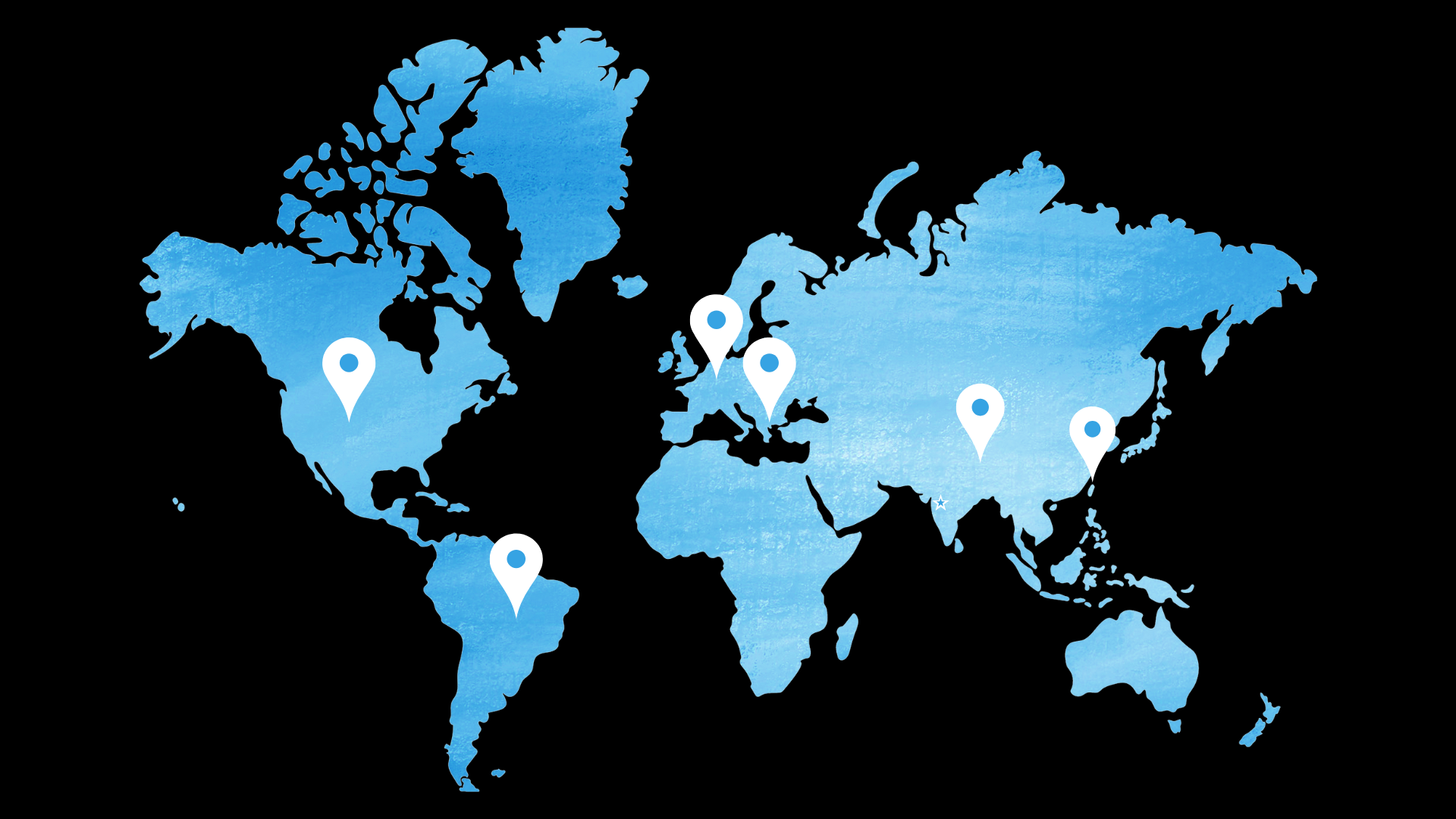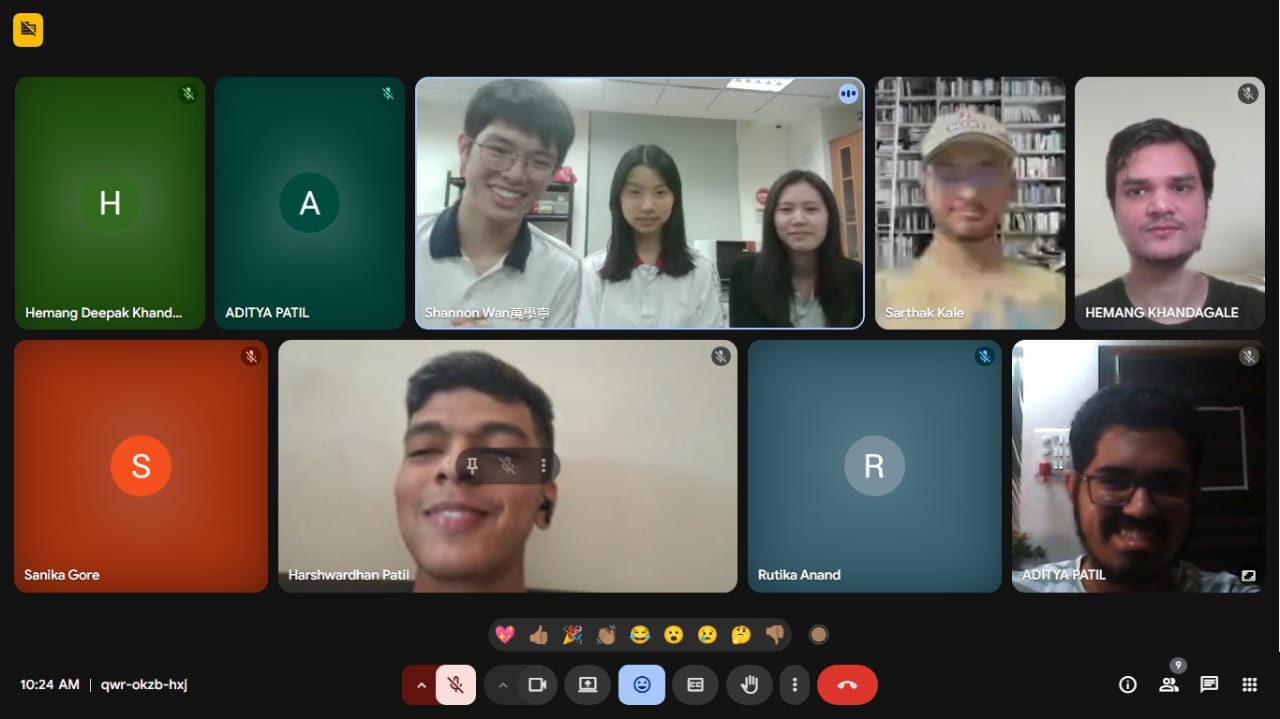Our collaborations span across the globe, connecting diverse research institutes, universities,
and innovation hubs. By fostering a network of knowledge exchange, we are able to share best
practices and ensure that our solutions are enriched by multiple perspectives.
The world map above highlights the scope of our reach, symbolizing not only geographical
connections but also the cultural and intellectual bridges we are building. These partnerships
encourage open science, transparency, and a commitment to shared progress.
As we continue to expand our collaborations, we aim to bring together even more institutions,
amplifying the impact of our collective research. This global approach ensures that scientific
advancements benefit humanity as a whole rather than remaining confined within borders.

















